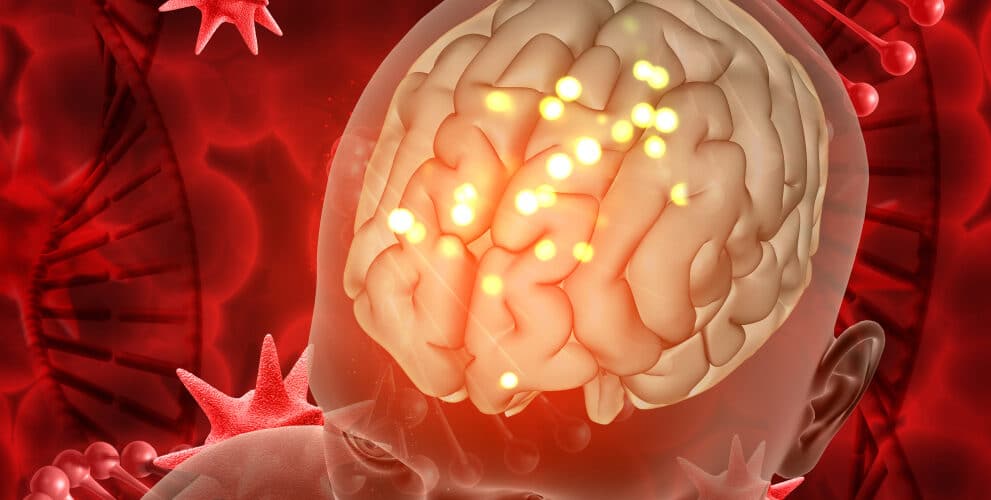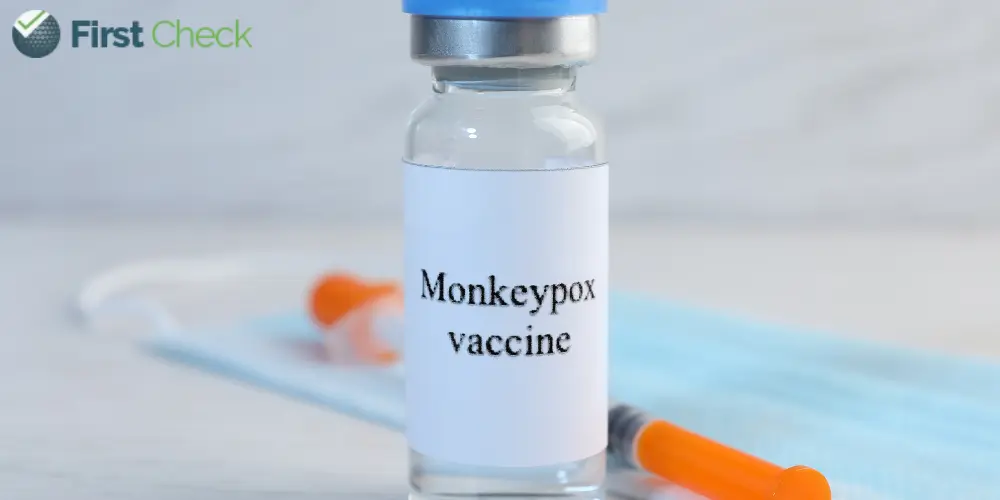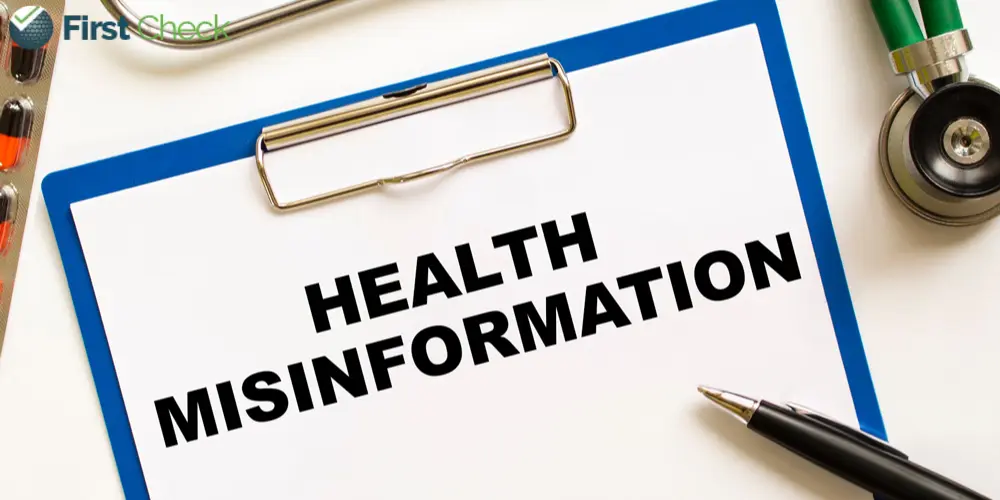Kerala on alert as ‘Brain-Eating Amoeba’ claims 19 lives
The amoeba thrives in warm freshwater and moist soil, including lakes, ponds, and inadequately chlorinated pools
Author
Author
- admin / 5 months

- 0
- 2 min read

Author
Kerala has sounded the alarm after a spike in infections from the rare but deadly “brain-eating amoeba,” with 19 people losing their lives, including nine in September alone.
The state has reported 72 cases of primary amoebic meningoencephalitis (PAM), caused by Naegleria fowleri, compared to 36 cases last year, of which nine proved fatal.
State’s health minister Veena George confirmed that 19 deaths have been recorded this year but stressed that there has been no concentrated outbreak like the last year.
The amoeba thrives in warm freshwater and moist soil, including lakes, ponds, and inadequately chlorinated pools. Once water carrying Naegleria fowleri enters the nose, it travels up the olfactory nerve to the brain, triggering a near-fatal infection that destroys brain tissue. The US Centers for Disease Control and Prevention notes that infections are “very rare but nearly always fatal.” The fatality rate worldwide is over 95 percent.
Symptoms, according to the World Health Organisation, begin with fever, headache, and vomiting, and escalate rapidly to seizures, hallucinations, altered mental state, and coma.

India’s first case of PAM was recorded in 1971, while Kerala saw its first in 2016. Although, cases remained sporadic until 2023, 2024 marked a turning point with 36 cases and nine deaths. That same year, a 14-year-old boy from Kozhikode became the first Indian, and just the 11th person worldwide, to survive the disease, raising hopes for early intervention.
The treatment options for the infection are extremely limited and experimental, but Kerala has managed to lower the fatality rate to around 25 percent through rapid testing and intervention, which is far below the global average of 97 percent. Still, health experts caution that prevention remains the best safeguard.
The infection cannot spread from person to person and does not occur if the amoeba is swallowed. Risk is highest during swimming, diving, or any activity that allows contaminated water to enter the nose.









